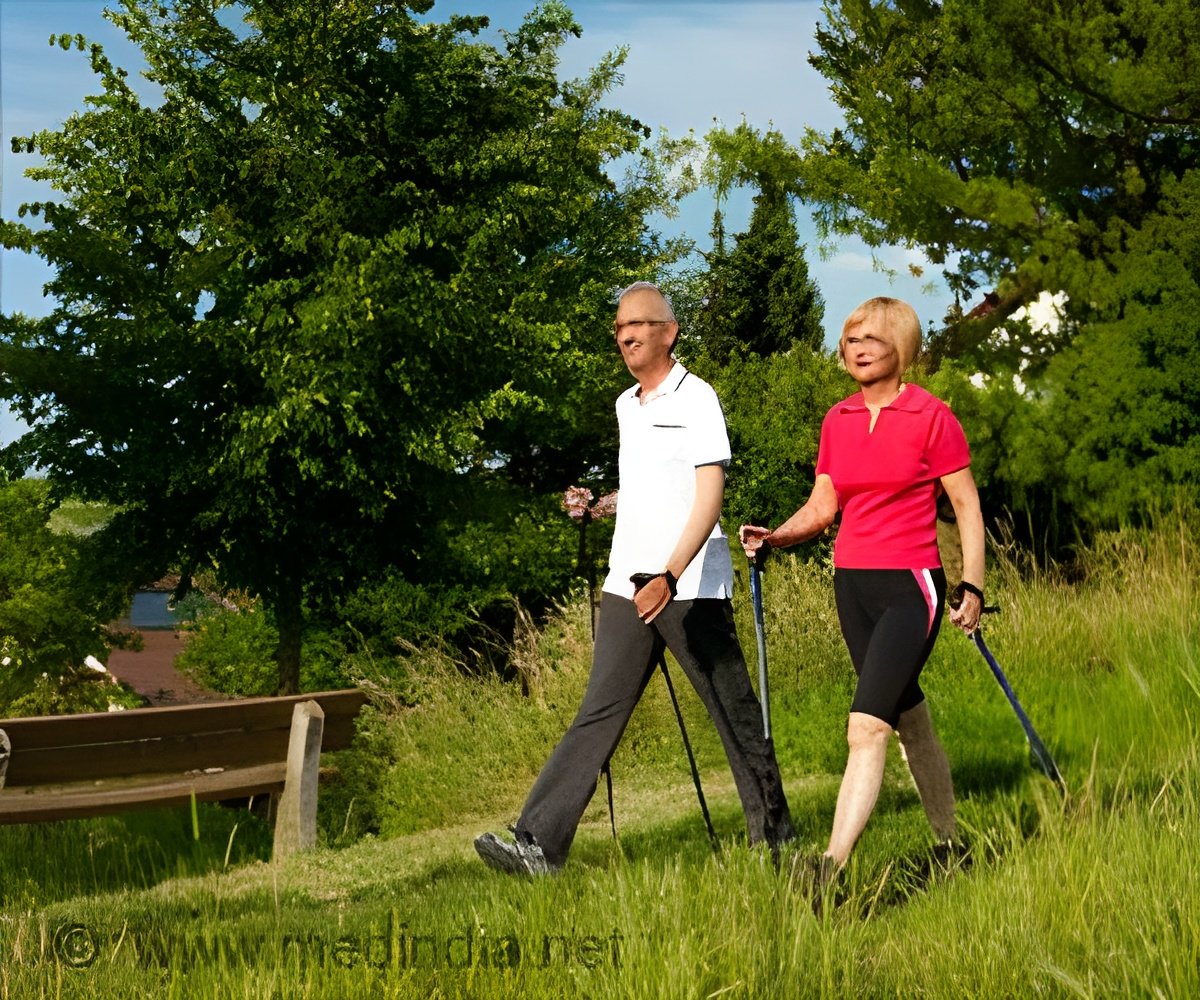Your exercise performance (physiological age) is a better predictor of how long you will live, reveals a new study.

TOP INSIGHT
Physiological age, i.e. your exercise performance can be a better predictor of life expectancy than your chronological age.
Based on exercise stress testing performance, the researchers developed a formula to calculate how well people exercise - their "physiological age" - which they call A-BEST (Age Based on Exercise Stress Testing). The equation uses exercise capacity, how the heart responds to exercise (chronotropic competence), and how the heart rate recovers after exercise.
"Knowing your physiological age is good motivation to increase your exercise performance, which could translate into improved survival," said Dr. Harb. "Telling a 45-year-old that their physiological age is 55 should be a wake-up call that they are losing years of life by being unfit. On the other hand, a 65-year-old with an A-BEST of 50 is likely to live longer than their peers."
The study included 126,356 patients referred to the Cleveland Clinic between 1991 and 2015 for their first exercise stress test, a common examination for diagnosing heart problems. It involves walking on a treadmill, which gets progressively more difficult. During the test, exercise capacity, heart rate response to exercise, and heart rate recovery are all routinely measured. The data were used to calculate A-BEST, taking into account gender and use of medications that affect heart rate.
The average age of study participants was 53.5 years, and 59% were men. More than half of patients aged 50-60 years - 55% of men and 57% of women - were physiologically younger according to A-BEST. After an average follow-up of 8.7 years, 9,929 (8%) participants had died. As expected, the individual components of A-BEST were each associated with mortality.
Dr. Harb said doctors could use A-BEST to report results of exercise testing to patients "Telling patients their estimated age based on exercise performance is a powerful estimate of longevity and easier to understand than providing results for the individual components of the examination."
Source-Eurekalert
 MEDINDIA
MEDINDIA




 Email
Email










